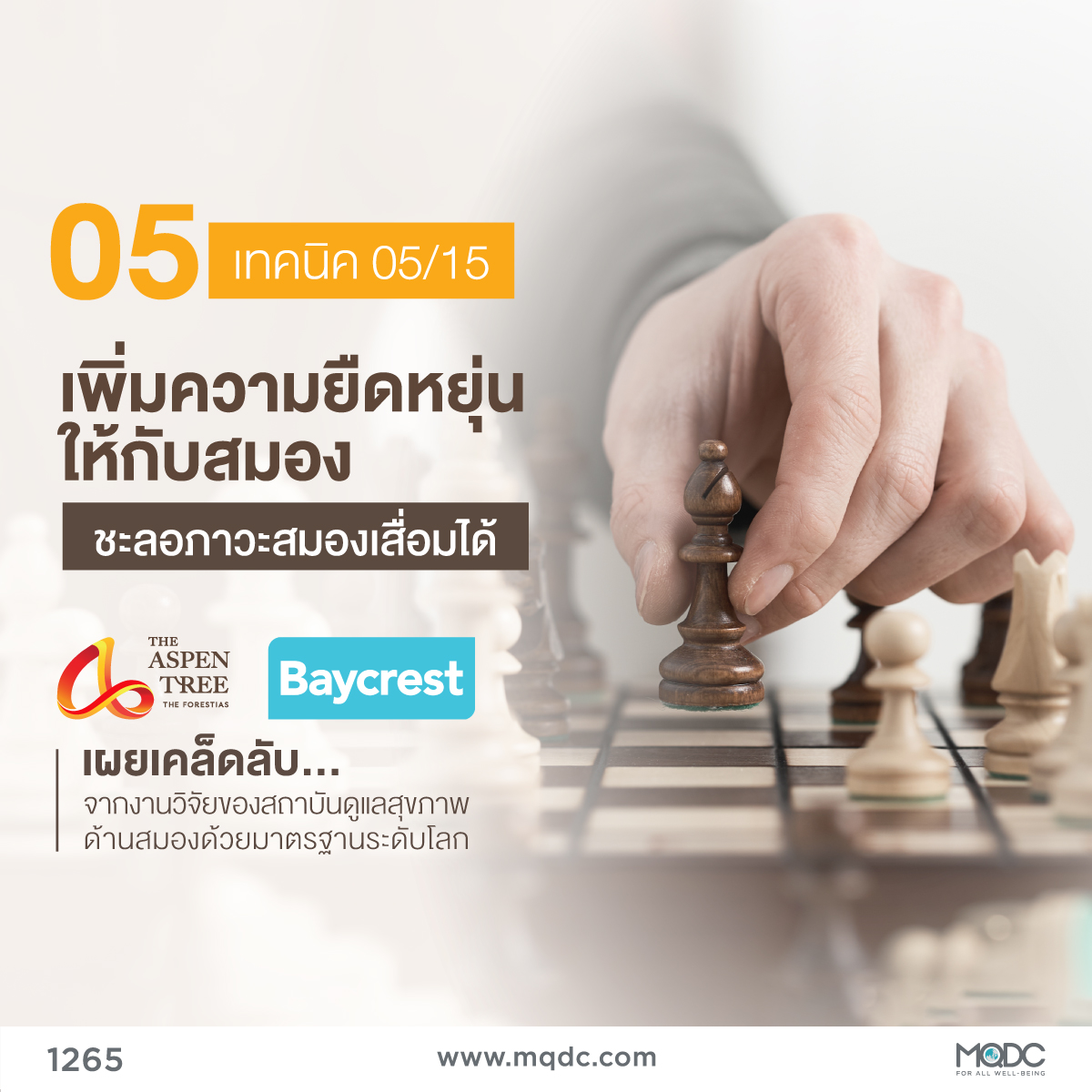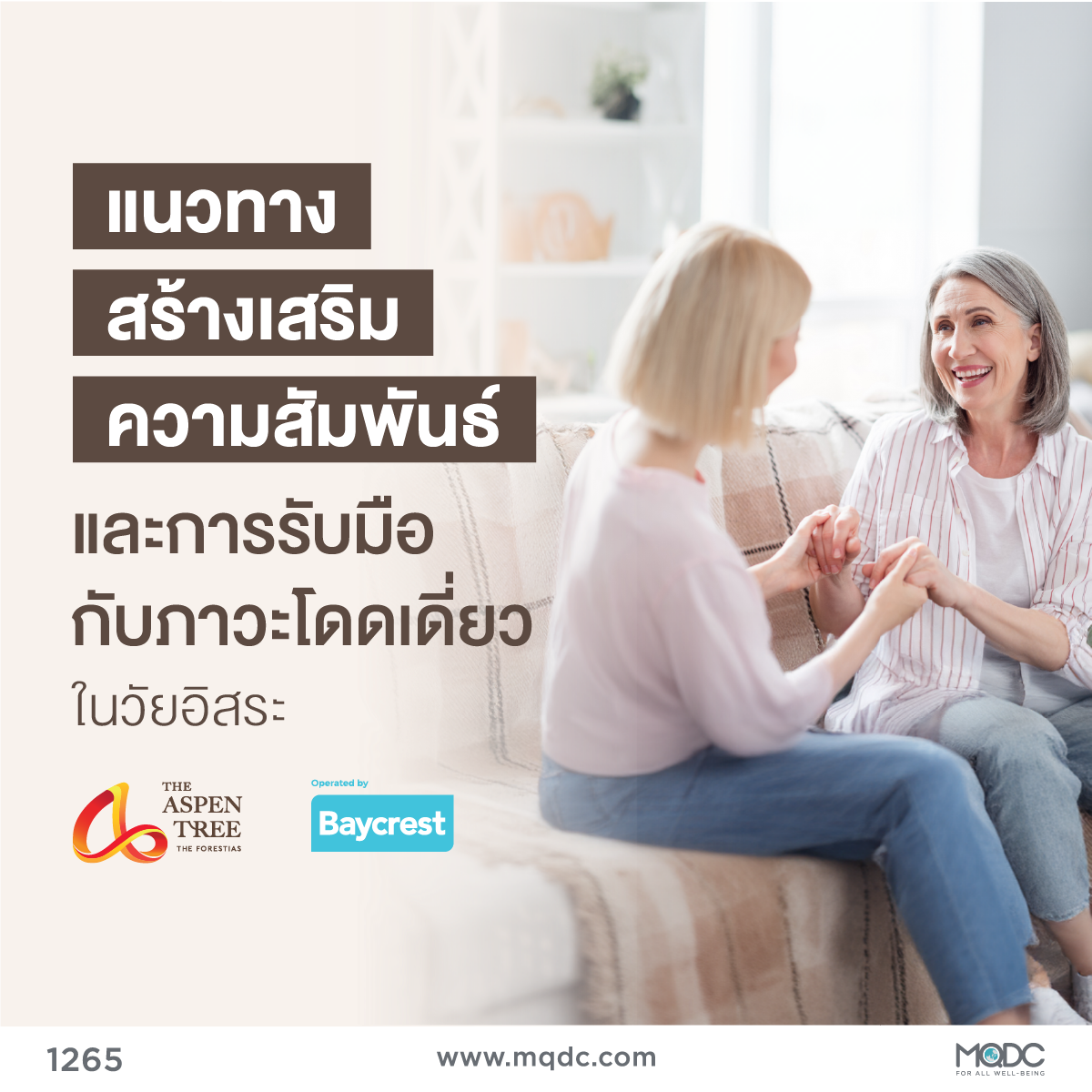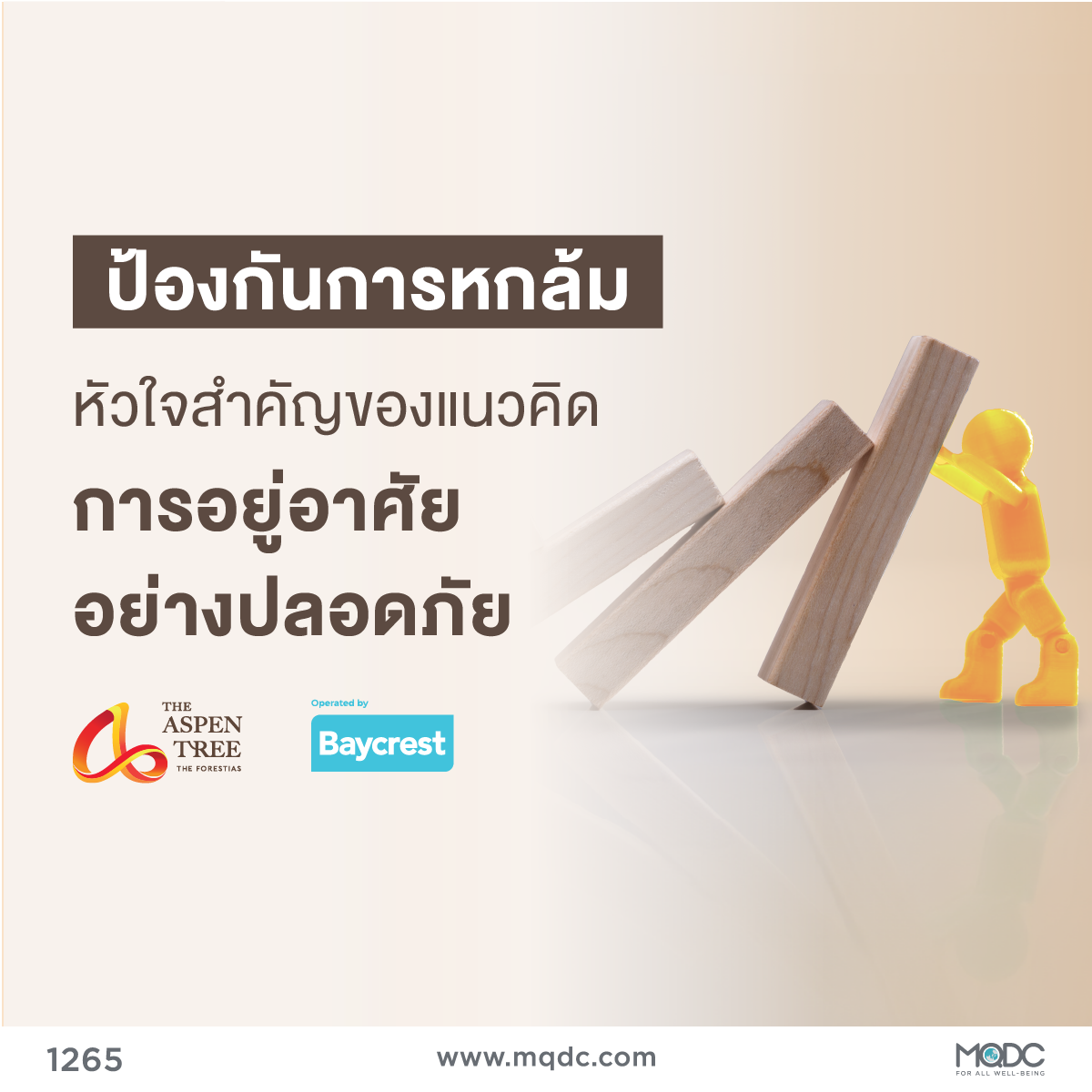Some people may consider Alzheimer’s disease and other types of dementia to be an “old person’s illness.” But taking care of brain health should be a priority throughout our entire lives.
Researchers now know that the brain starts to develop Alzheimer’s decades before the initial memory loss symptoms appear. They have also discovered that certain activities done throughout a person’s lifetime can boost the brain’s resilience to this illness, known as cognitive reserve.
What Is Cognitive Reserve?
“Cognitive reserve is the brain’s capacity to keep functioning well, despite the accumulated wear and tear of the aging process,” says Dr. Jed Meltzer, scientist at Baycrest’s Rotman Research Institute and Canada Research Chair in Interventional Cognitive Neuroscience. “For example, some people can show fairly advanced signs of Alzheimer’s disease in the brain, but not display any overt symptoms associated with the illness for many years.”
How to Grow Your Cognitive Reserve?
Activities associated with building up this protective effect include: speaking another language, pursuing higher education, staying socially engaged and working in a complex job.
Baycrest Research into Cognitive Reserve
Baycrest researchers were involved in a ground-breaking study that uncovered that people who were bilingual were able to delay the onset of dementia symptoms by four years.
Dr. Meltzer and his team are taking this research further by exploring how learning a second language could impact a person’s memory and attention. Recent studies have theorized that people who speak two languages are better able to multi-task, plan, prioritize and stay focused.
Over the course of 16 weeks, research participants are learning Spanish through the Duolingo app for 30 minutes each day, five days a week. They will have their memory and attention tested before and after using the app. Researchers are comparing these benefits to individuals who use a brain training app, BrainHQ, and individuals who aren’t doing any training.
“Keeping the brain engaged is just one of the things adults can do to protect their brain health,” says Dr. Meltzer, who is also an assistant professor in the departments of psychology and speech language pathology at the University of Toronto. “Our study aims to explore the short-term impacts these learning apps have on an older adult’s cognition and whether these apps are a practical, alternative method to help them boost their cognitive reserve.”
This project is supported by the Centre for Aging + Brain Health Innovation.
Further Baycrest Studies
With additional funding, Dr. Meltzer and his team could incorporate social engagement (and its effect for learning and memory) into their research and explore a group intervention using technological assistance to teach adults interested in learning another language. This type of program could help revitalize endangered languages, such as Yiddish and Canadian Indigenous languages, while also engaging the brain and protecting brain health.
Summary
Boosting learning and memory builds cognitive reserves that help slow down the onset of dementia. Even with the presence of dementia lesions, our brains will function better.
Cognitive abilities can be enhanced in many ways. We can take on complex task like l earning a second language includes participating in social activities. We can do these activities throughout our lives. This will help make our brain health better. and can slow down dementia
Health Brain, Body, and Mind at 50+ at The Aspen Tree in The Forestias Operated by Baycrest
Modern medical technology lets us live longer and look after our brains better. But what matters most as an older adult is good health to live a free, meaningful, worry-free life. The Aspen Tree at The Forestias has teamed up with Baycrest, a global leader in research and eldercare from Canada, to meet every healthcare need.
Holistic Lifetime Care comes with complete facilities and a Health & Wellness program to suit your lifestyle, with yoga, swimming, singing, playing music, meditating, outdoor activities, hydrotherapy, and lots more to help keep your body, mind, and brain in top condition.
The Aspen Tree at The Forestias also has a Health & Brain Center with health services to slow the onset of dementia. A team of specialists are on call 24 hours a day to give you peace of mind and ensure your holistic good health.
Live a carefree life in the free time of life. Let's discover the perfect life together...
Find out more now CLICK https://mqdc.com/aspentree
Call 1265
LINE OA: @TheAspenTree CLICK https://mqdc.link/3Emhkde
Source:









